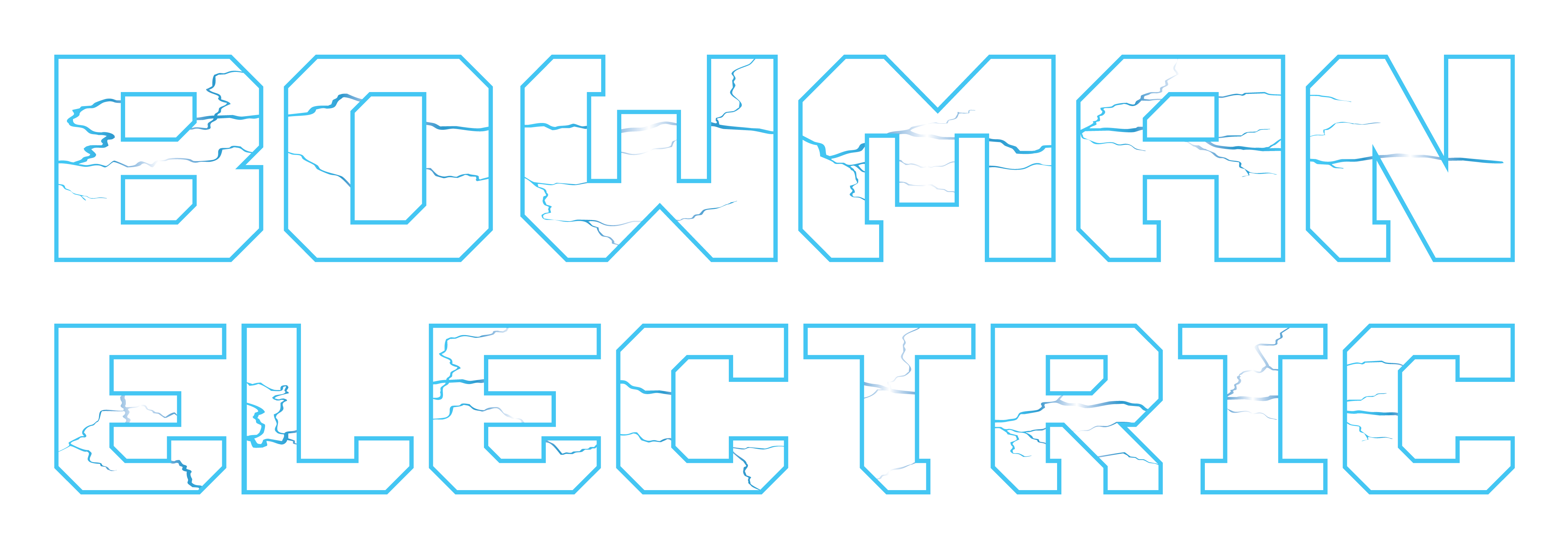
As fall settles in, so do the unpredictable storms that can bring strong winds, rain, and even early snowfall. These weather changes often lead to power outages, leaving homes without electricity when it’s needed most. But with a few proactive steps, you can protect your home’s electrical system and ensure you're ready to handle the fall weather. Here’s how you can prepare.
1. Install Surge Protection
Fall storms can cause power surges, which are sudden increases in voltage that can damage sensitive electronics and appliances. Whole-house surge protectors safeguard your home’s electrical system by absorbing excess energy and preventing it from reaching your valuable devices. This simple upgrade can save you from costly repairs or replacements after a storm.
2. Consider a Backup Generator
A generator is one of the best investments for homeowners in areas prone to power outages. Whether you opt for a portable or standby generator, it ensures that your home has a reliable source of power when the grid goes down. A standby generator, professionally installed and connected to your home’s electrical system, will automatically kick in when the power fails, providing uninterrupted electricity.
3. Inspect and Update Your Electrical Panel
Your home’s electrical panel is the heart of your power system, distributing electricity to every outlet and appliance. An outdated or overloaded panel can become a safety hazard during storms, leading to tripped circuits or even fire risks. Fall is the perfect time to have your panel inspected by a licensed electrician. If your home has expanded or your energy use has increased, consider upgrading to a modern panel that can handle the extra load.
4. Check GFCI Outlets for Safety
GFCI (Ground Fault Circuit Interrupter) outlets are designed to protect against electrical shocks, especially in areas prone to moisture, such as kitchens, bathrooms, and outdoor spaces. Fall brings increased moisture from rain and dew, making it essential to ensure that your GFCI outlets are functioning properly. Test them by pressing the “test” button, and if they don’t respond, it’s time for a replacement.
5. Secure Outdoor Electrical Components
Fall winds can wreak havoc on outdoor electrical systems. Ensure all outdoor outlets are weatherproofed and equipped with proper covers. If you have outdoor lighting or electrical equipment, check for frayed cords or exposed wires that could lead to dangerous electrical faults during wet conditions. Hiring a professional to inspect and secure these systems can help prevent accidents when storms roll in.
6. Unplug Electronics During Storms
While surge protectors offer protection against power surges, it’s still a good idea to unplug non-essential electronics during a storm. Devices like computers, televisions, and gaming consoles are particularly vulnerable to surges. Unplugging these items when a storm is approaching can add an extra layer of protection.
7. Schedule a Professional Electrical Inspection
If you’re unsure about the state of your home’s electrical system, it’s always best to call in a professional. Bowman Electric offers thorough inspections to help identify any potential issues before they become a problem during a storm. Whether it’s checking the panel, outlets, or overall wiring, a professional inspection can give you peace of mind as fall storms approach.
Prepare Now for Fall Storms
Don’t wait until the power goes out to think about your home’s electrical system. With a few simple upgrades and a proactive approach, you can protect your home from the impacts of fall storms and ensure that your family stays safe and comfortable.
For more information or to schedule an inspection or generator installation, contact Bowman Electric today. We’re here to help you weather the storm.



